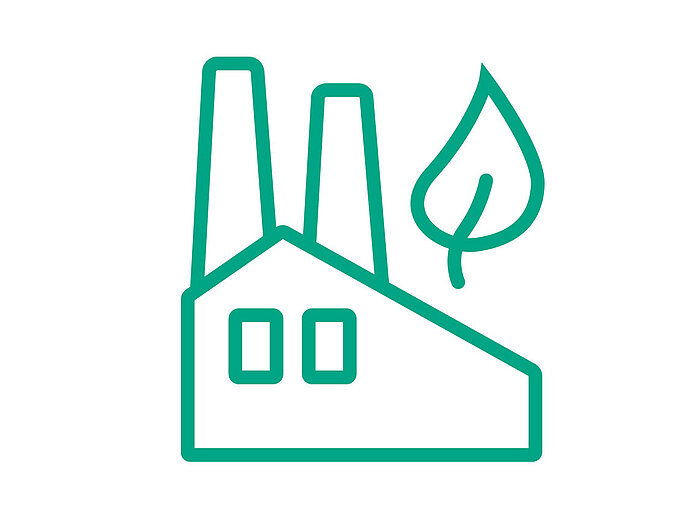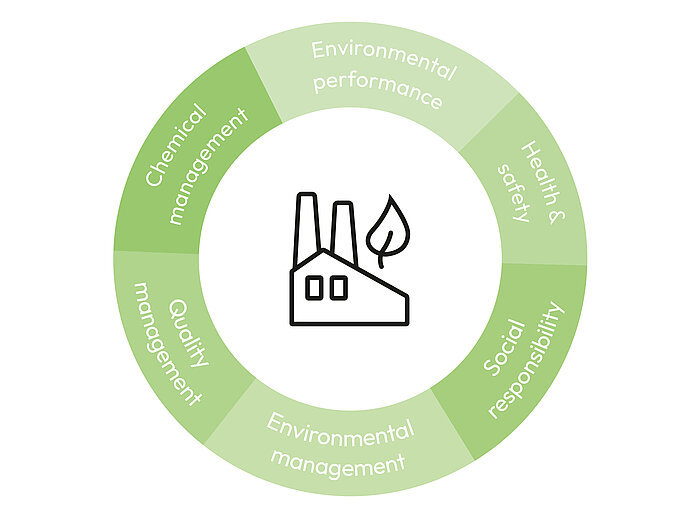
Certification for the entire textile and leather production, as well as industrial laundries
Environmental and chemical management
Social responsibility and fair working conditions
Safety and protection for workers
Continuous improvement of production processes and efficient use of resources
Watch the video to discover more
The STeP certification drives progress and empowers supply chain actors to embrace sustainability, strengthen their competitiveness and improve their economic position. STeP analyses all important areas of a facility using 6 modules:

Do you want your business to become more sustainable? We help you develop your environmental management. Our Impact Calculator measures the carbon and water footprint at facility level and helps STeP certified facilities continue to advance their environmental management and performance. The Impact Calculator is offered within the STeP certification and access is free of charge for all STeP certified textile facilities.
Do you have questions about our certifications and services, the way we test, legal requirements and norms? Go to our FAQ page or contact us per email.
Check our FAQs
Would you like to get an OEKO-TEX® STeP certification and you are interested in detailed information regarding the certification process and the requirements? Visit our download area to discover the full documentation or apply for the certification.
This is your path to certification